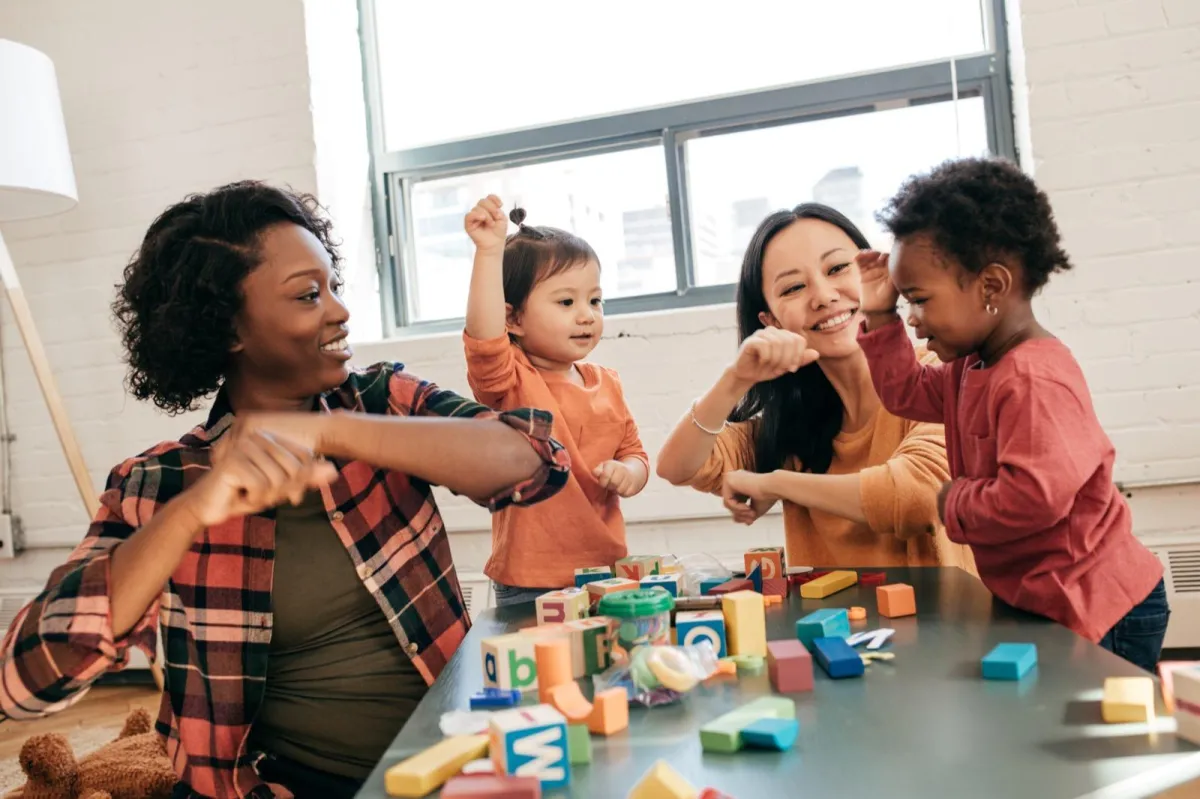
Navigating School Challenges with Curiosity and Collaboration
Last year, my son struggled in school, and nothing we tried seemed to help. It just got worse and worse. I was constantly getting phone calls from the school to come and get him because his behavior in the classroom was unacceptable. It was overwhelming knowing he was struggling, and I didn’t know how to help him. I seriously considered homeschooling him, but was convinced to give public school another shot this year, and he thrived. I think he just needed a summer reset.
One thing that helped the most was collaboration with his teacher and school staff. I went into each IEP meeting with a collaborative attitude, not a defensive or aggressive one. We were all frustrated that my son was struggling and didn’t know how to help him, but none of us blamed each other. We worked together and maintained a positive relationship even when things were hard. This allowed the school to try my suggestions, and I was open to agreeing to the school staff’s suggestions.
Why Collaboration Matters
Collaboration isn’t about winning arguments or demanding your way. It’s about building a relationship of trust and curiosity. As Scotti Weintraub shared in episode 112 of the Every Brain is Different podcast, the goal of school meetings isn’t to “win.” It’s to work with teachers and administrators to find solutions that truly support your child.
When you come into those meetings with curiosity and a willingness to listen, you’re laying the groundwork for real change. You’re showing teachers that you’re a partner, not an adversary. That makes them more willing to listen and collaborate in return.
Lead with Curiosity
In episode 112, Scotti emphasized the importance of leading with curiosity. When you go to school meetings, go with questions, not assumptions. Assume that the teacher wants to help your child succeed because, in most cases, they do. By starting with that positive intent, you’re creating a foundation of trust and shared purpose.
Gather Your Data
Before you meet with teachers, take some time to gather what you know. How is your child acting at home? What strategies have worked or haven’t worked? The more information you can share, the better. Don’t be afraid to bring in outside voices, like therapists or other professionals who know your child well. When teachers hear from other professionals, it can help them see the bigger picture of your child’s needs.
Bring in the Village
Collaboration doesn’t stop with the classroom teacher. Think about who else might be part of your child’s support team: school counselors, occupational therapists, speech therapists, or other specialists. When everyone shares their perspective, you get a fuller, more accurate
It’s Not About You
Remember that your child’s struggles at school aren’t a reflection of your parenting. They’re a reflection of your child’s unique needs. Letting go of that guilt frees you up to focus on what really matters, which is working with the people at school to find the tools and strategies that will help your child thrive.
Building a strong, collaborative relationship with teachers and school staff takes time, but it’s worth it. When you lead with curiosity, share what you know, and stay open to what they have to offer, you’re creating a partnership that can help your child succeed.
For more strategies to help your child succeed in the classroom, check out episode 112 of the Every Brain is Different podcast.
